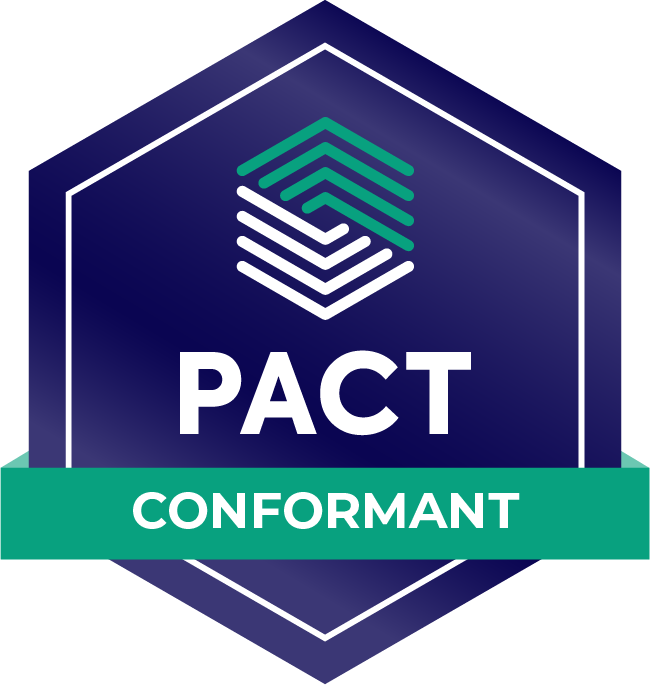PACT: Partnership for Carbon Transparency)
PACT (Partnership for Carbon Transparency) is a global initiative led by the World Business Council for Sustainable Development (WBCSD). Its goal is to make product-level carbon footprint (PCF) data interoperable and trustworthy across supply chains. PACT sets common technical standards, data models, and exchange protocols so that companies can share PCF data with their customers and suppliers in a consistent, comparable, and secure way.
Unlike general reporting frameworks such as CSRD or SBTi, which focus on corporate disclosures and target-setting, PACT focuses specifically on how product-level emissions data is calculated, formatted, and exchanged between trading partners.



